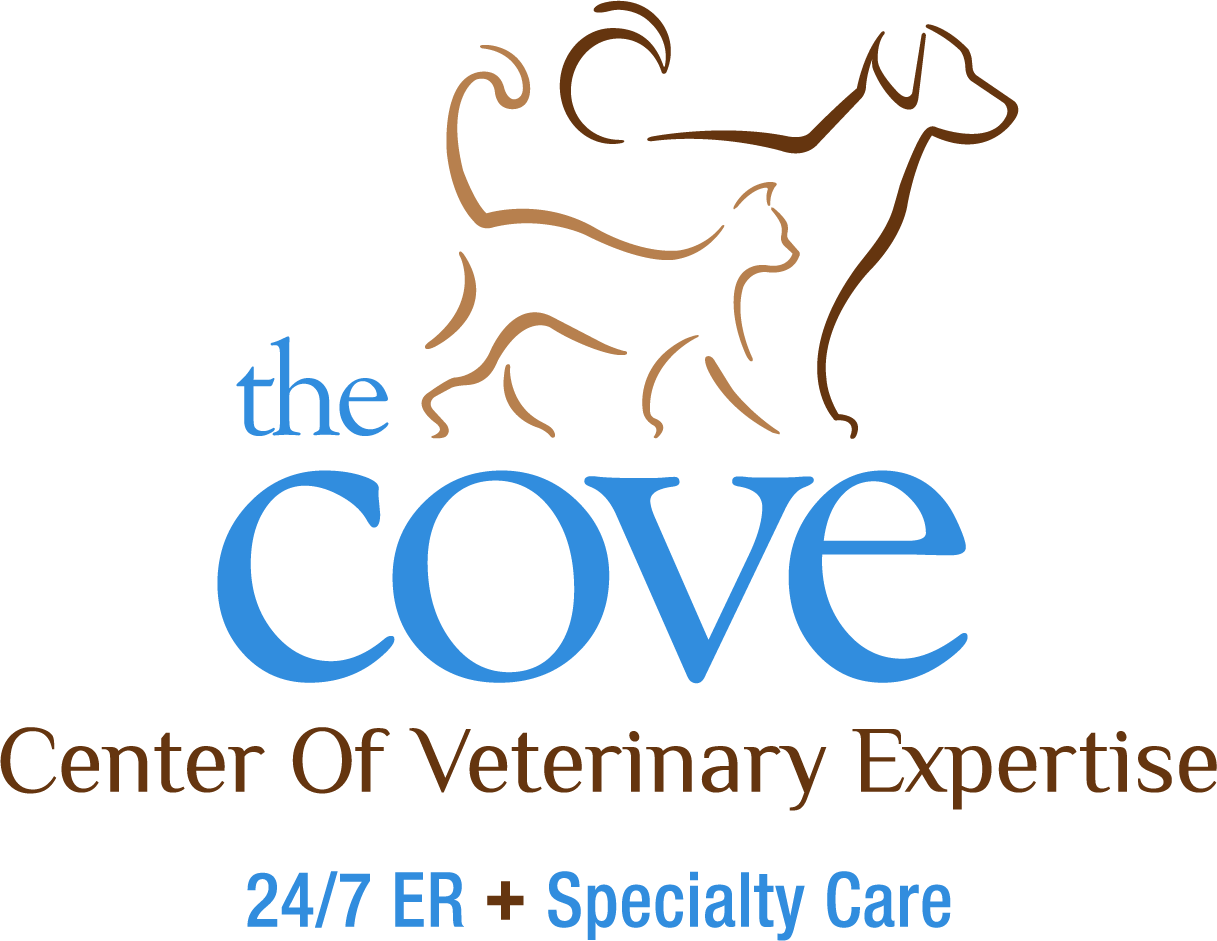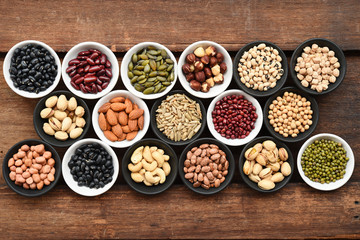By Andria Davis, LVT, and Merrilee Small, DVM, DACVIM (Cardiology)
If you’re a pet parent to a dog, it’s important to know that the FDA recently issued warnings about a possible link between grain-free diets and a serious heart condition called canine dilated cardiomyopathy (DCM).
DCM is a heart disease that occurs when the ventricular heart muscles enlarge, become weak, and are unable to effectively pump blood. The heart valves may leak and this can lead to a buildup of fluids in the chest or abdomen (congestive heart failure). Signs of DCM include decreased energy, a new cough, difficulty breathing, abdominal bloating, and episodes of collapse.
While DCM can occur naturally in larger breeds such as Great Danes, Doberman Pinschers, and Boxers, veterinary cardiologists are now seeing it in other breeds, including Labrador Retrievers, Golden Retrievers, and Boston Terriers. The causal link appears to be “BEG” diets (boutique, exotic, and grain-free).
Apparently, many dogs recently diagnosed with DCM have been fed foods high in potatoes (red, white, and sweet) and legumes, which include peas, beans, lentils, chickpeas, soybeans, and peanuts, as well as their seeds (called pulses). These ingredients are commonly used as filler in pet foods, particularly grain-free brands.
While some pet food companies are heavily marketing BEG diets these days, especially for pets with gastrointestinal or dermatologic issues, there’s no proof that these diets are healthier. In fact, dietary allergies are uncommon in pets—they’re more likely to be allergic to their environments than they are to chicken, rice, or grains. Grains are actually a nutritious source of protein, vitamins, and minerals.
Formulating a nutritionally balanced diet for pets isn’t simple. That’s why it’s important for pet foods to be formulated by a board-certified pet nutritionist—a veterinarian who’s undergone advanced training in animal nutrition and is a Diplomate of the American College of Veterinary Nutrition (ACVN).
It’s even more difficult to prepare a balanced homemade pet diet, which is why they’re discouraged. If you really want to go the homemade route, however, we urge you to consult with a board-certified veterinary nutritionist. Pet food companies that employ these specialists may be able to answer your questions about ingredients or offer suggestions if you think your dog has food sensitivities.
So as a responsible pet parent, what should you do?
- Monitor your dog for signs of DCM and seek evaluation by a veterinarian at the first symptoms
- Check your dog food’s ingredient list for legumes, pulses, or potatoes as a main ingredient; a main ingredient is anything that’s listed before the first vitamin or mineral (it will be one of the first 8-10 on the list)
- Talk to your veterinarian about switching your dog to a grain-full diet, preferably one manufactured by a company with board-certified nutritionists on staff; if your dog does have a food allergy, your veterinarian can also recommend an appropriate prescription diet
- If your dog has been diagnosed with DCM and is on a grain-free diet, report it to the FDA Safety Reporting Portal to help to unravel this mystery (and save a sample of the food and the packaging labels as reference)
Finally, remember that your veterinarian is the best source for information about diet and nutrition—not television commercials or in-store pet food representatives!
Additional resources:
Diplomate of the American College of Veterinary Nutrition Directory
American College of Veterinary Nutrition FAQs
Q&A with the FDA on Grain-Free Diets and DCM
We are always here for you, 24 hours a day, seven days a week. If we can assist you with any concerns regarding pet health, or offer additional help on grain-free diets, please call us.
About Us
The COVE’s veterinarians and staff wholeheartedly embrace the core values of community, collaboration, commitment, compassion, and integrity. This focus ensures that pets, the people who love them, and their primary care veterinarians have as positive and affirming a healthcare experience as possible, regardless of the circumstances that bring us all together.

